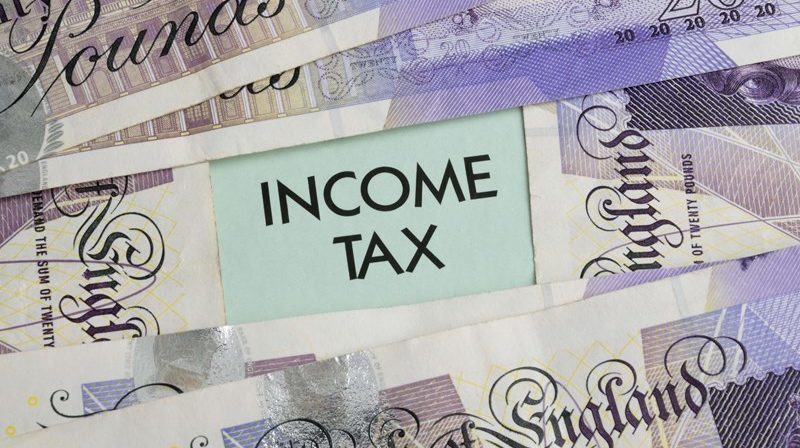
Reducing payments on account
Taxpayers are usually required to pay their Income Tax liabilities in three instalments each year. The first two payments are due on:
- 31 January during the tax year e.g. for 2018-19 the first payment on account is due on 31 January 2019.
- 31 July following the tax year e.g. for 2018-19 the second payment on account is due on 31 July 2019.
These payments on account are based on 50% of the previous year’s net Income Tax liability. In addition, the third (or only) payment of tax will be due on 31 January following the end of the tax year e.g. for the 2017-18 tax year a final payment is due 31 January 2019. This is the same for any Capital Gains Tax due.
Consequently, the January payment each year can be made up of two elements: any balance of tax for the previous tax year plus any payment on account due for the current tax year.
It is important to note that you do not need to make any payments on account where your net Income Tax liability for the previous tax year is less than £1,000 or if more than 80% of that year’s tax liability has been collected at source.
Planning opportunity
As payments on account are based on 50% of your previous year’s net Income Tax liability, what if your current year’s earnings (2018-19) are going to be lower than the previous year?
If this is the case you can ask HMRC to reduce your payment on account for 2018-19. The deadline for making a claim to reduce your payments on account for 2018-19 is 31 January 2020. This may help out cash flow this year and save you overpaying HMRC.
On the other hand, if your taxable profits have increased there is no requirement to notify HMRC and any underpayment of tax for 2018-19 will be due 31 January 2020.
For more information on Reducing payments on account, Book a Free Consultation
Need Accountancy Support?
For information on bespoke training, or if you have any other questions for Makesworth Accountant, please fill in your details below
















 151
151